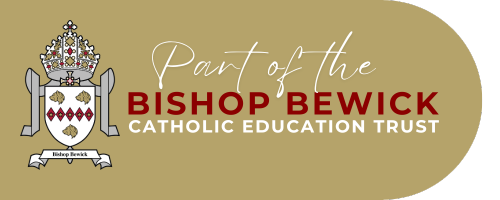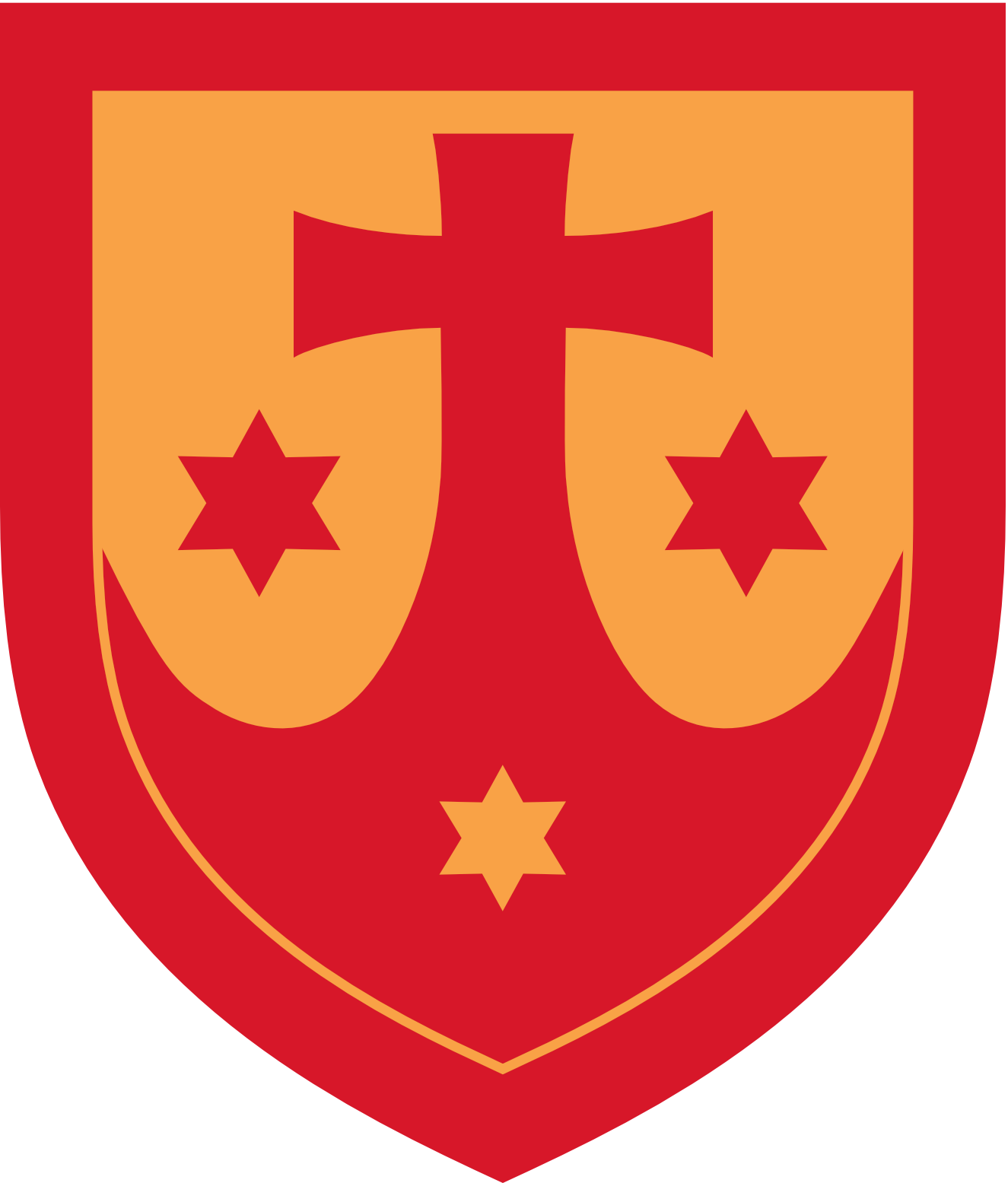
HISTORY
INTENT:
History should be concerned with stimulating the children’s interest and understanding about the life of people who lived in the past. We want the children to develop a sense of identity and a cultural understanding based on their local history along with an understanding of aspects of British history and of the wider world. We teach children to understand how events in the past have influenced our lives today; we also teach the children to investigate these past events and, by so doing, develop the skills of enquiry, analysis, interpretation and problem solving.
We aim for all pupils:
To develop a knowledge and understanding of the past through an enquiry-based approach.
To have an appreciation of our local history and cultural heritage.
To explore human achievement in our own and other cultures.
IMPLEMENTATION:
At St. Teresa’s we teach History as a blocked unit. There is on average six hours of blocked teaching per week planned into timetables and History has been allocated three weeks per term. The rationale for this way of working is to allow children to engage fully with a subject or topic over a concentrated block of time. We strongly believe that children get immersed into the learning, and it allows teachers greater flexibility when planning.
Our curriculum is based around a main enquiry for each topic followed by further sub-enquiries in each lesson and uses a creative approach, often linking core and foundation subjects together to give children a broad range of experiences.
Teachers plan their history topics by using the National Curriculum as the foundation for all teaching and learning; ensuring that they deliver exciting learning opportunities which harness a mixture of progressive skills and knowledge. History units will be clearly sequenced for progression and this will incorporate the key knowledge. Enquiries will be taught using a range of high-quality resources. Each teaching unit will begin with a chronology lesson that looks back and consolidates their chronological framework before extending and adding to this framework. Each history unit will end with a final assessment piece which will help to inform the teachers’ judgement when completing the end of term assessments.
As a school we have taken into consideration our children’s backgrounds and views as well as our own local resources to carefully develop relevant and memorable learning experiences that will enthuse. This is achieved through making local links with a variety of settings that enhance children’s curiosity through first-hand experiences (trips and visitors) and delivering a diverse curriculum, full of opportunities to learn about women in history and those of different ethnic backgrounds.
IMPACT:
All history is clearly planned for progression through an enquiry-based approach enabling the children to investigate the past. History units build sequentially on the children’s understanding of key history skills and culminate in a final assessment activity. The curriculum is broad and offers a range of chronological periods and geographical perspectives to enable children to have both a good understanding of their local history whilst also developing the bigger global picture.
All children at St. Teresa’s receive a broad and balanced curriculum regardless of year group or ability. Every child accesses all subjects on offer at our school.
Children are learning to work both independently and as part of a group, ensuring skills of resilience and teamwork are promoted in this subject. Children are enthused and engaged in the wide variety of activities they learn in History through different topics.
Class trips and links with our local environment ensure our children understand its significance and place within the wider world and that these excite and inspire children’s thirst for knowledge in this subject.


